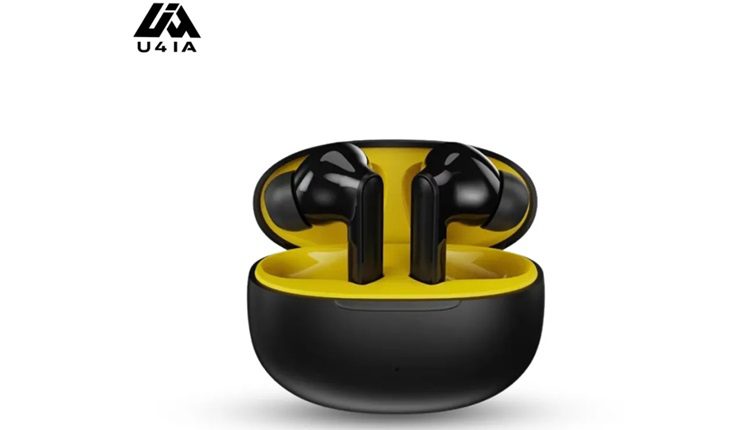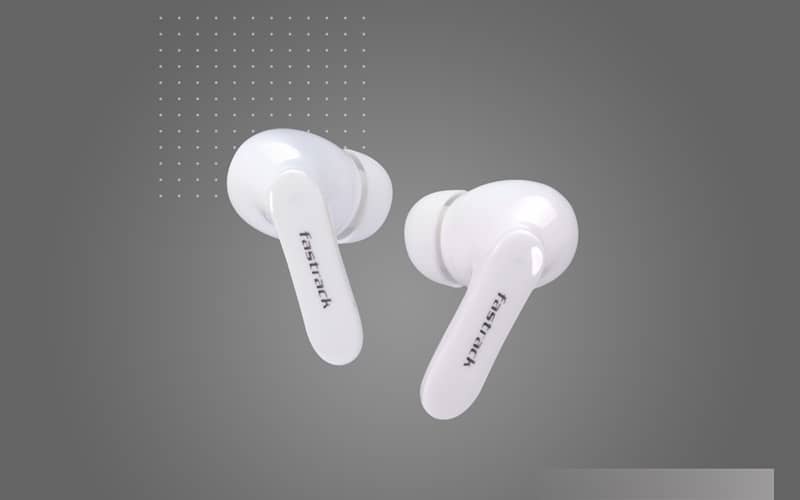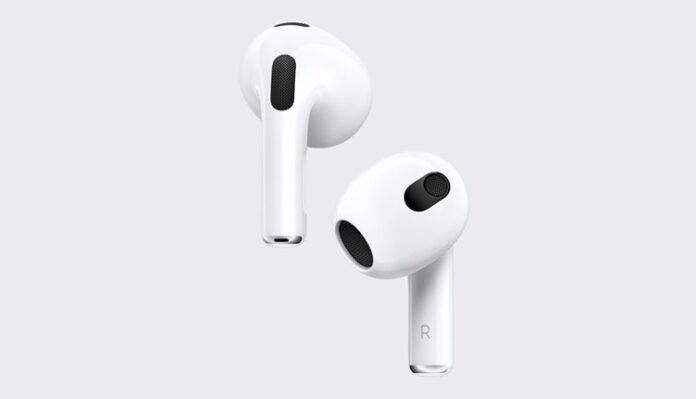Wireless earbuds have taken the world by storm, becoming a symbol of modern convenience and style. From premium options like Apple’s AirPods to budget-friendly alternatives, they’ve quickly become the go-to choice for music lovers and tech enthusiasts alike. However, behind their sleek design and cordless appeal lie several drawbacks that are often overlooked. Before you ditch your wired earbuds, it’s worth exploring why wireless might not always be the better option. In this article, we shall talk more about the Disadvantages of Wireless Earbuds.
Table of Contents
Disadvantages of Wireless Earbuds:
Wireless earbuds may offer freedom from tangled wires, but they come with several compromises. Let’s explore the major downsides of wireless earbuds.
1. Compromised Sound Quality
Wireless earbuds use Bluetooth to transmit audio, but even advanced codecs like aptX and LDAC cannot match the uncompressed quality of wired earbuds. Bluetooth compresses audio, which can result in loss of detail and clarity. For those who value high-quality sound, wired options provide better audio without relying on fancy codecs.

2. Audio Delay
Wireless earbuds often suffer from audio lag due to the time required for digital signals to be processed. This delay, which ranges between 40 ms to 300 ms depending on the model, can be frustrating during video calls, gaming, or playing musical instruments. Wired earbuds, in contrast, deliver real-time sound transmission without noticeable delay.
3. Connection Instability
Bluetooth connections are prone to interference from nearby devices or crowded environments. Wireless earbuds may stutter, lose connection, or fail to connect altogether in such situations. Even moving your phone to your back pocket can disrupt the connection. Wired earbuds avoid this issue entirely, offering reliable performance in any environment.

4. Limited Compatibility
Wireless earbuds rely solely on Bluetooth, which isn’t universally compatible. Devices like older audio systems, certain gaming consoles, or non-Bluetooth PCs may require additional adapters or simply won’t work. Wired earbuds, however, can connect to nearly any device with a headphone jack or adapter, ensuring broader compatibility.
5. Frequent Charging
Unlike wired earbuds, wireless options have internal batteries that need regular charging. Most earbuds last only a few hours per charge, and their battery capacity diminishes over time. Charging cases add another layer of maintenance. Wired earbuds, on the other hand, work as long as your device has power, with no additional upkeep.

6. Fragility and Repair Issues
Wireless earbuds are delicate due to their complex design. The internal batteries are usually the first to fail and are challenging or impossible to replace. Wired earbuds are simpler and more durable, with the cable being the most common point of failure, which is often easy to repair.
7. Risk of Losing an Earbud
True wireless earbuds come with the added risk of losing one. Whether it’s during a workout or while traveling, a lost earbud can render the entire set useless. Replacing just one earbud can be costly, making this an expensive problem.
8. Higher Costs
Wireless earbuds tend to be significantly more expensive than their wired counterparts due to the added technology and components. Wired earbuds, with their simpler design, often deliver better value for the money and remain a more budget-friendly option.
Conclusion
While wireless earbuds have their advantages, such as portability and convenience, they come with notable drawbacks that shouldn’t be ignored. For those who prioritize sound quality, reliability, and cost-effectiveness, wired earbuds remain a compelling alternative. Carefully weigh the pros and cons before making your next audio accessory purchase.
Check out the prices of wireless earbuds here.







